In which of the following reaction formation of reaction intermediate does not take place?
Isomerisation reaction
Pericyclic reaction
Substitution reaction
Elimination reaction (E1)
To determine in which of the following reactions the formation of a reaction intermediate does not take place, we will analyze each option provided in the question.
1. Identify the Types of Reactions:
- The question involves four types of reactions: Isomerization, Pericyclic, Substitution (SN1), and Elimination (E1).
2. Analyze Isomerization:
- In isomerization, such as the conversion of a keto form to an enol form, an intermediate is formed. For example, when a ketone reacts with a base (like NaOH), it forms an enolate ion as an intermediate before rearranging to the enol form. Thus, isomerization does involve an intermediate.
3. Analyze Pericyclic Reactions:
- Pericyclic reactions are characterized by a concerted mechanism, meaning that they occur in a single step without the formation of intermediates. For example, in a Diels-Alder reaction, the reactants combine to form the product directly without any intermediate. Therefore, pericyclic reactions do not involve the formation of intermediates.
4. Analyze SN1 Reactions:
- In SN1 reactions, the first step involves the formation of a carbocation intermediate after the leaving group departs. This carbocation is a key feature of the SN1 mechanism, indicating that an intermediate is formed.
5. Analyze E1 Reactions:
- Similar to SN1 reactions, E1 reactions also involve the formation of a carbocation intermediate. The first step is the loss of a leaving group to form the carbocation, followed by deprotonation to form the alkene. Hence, E1 reactions also involve an intermediate.
6. Conclusion:
- Based on the analysis, the only reaction type that does not involve the formation of a reaction intermediate is the Pericyclic Reaction.
Final Answer:
The reaction in which the formation of a reaction intermediate does not take place is Pericyclic Reaction (Option 2).
---
- The question involves four types of reactions: Isomerization, Pericyclic, Substitution (SN1), and Elimination (E1).
- In isomerization, such as the conversion of a keto form to an enol form, an intermediate is formed. For example, when a ketone reacts with a base (like NaOH), it forms an enolate ion as an intermediate before rearranging to the enol form. Thus, isomerization does involve an intermediate.
- Pericyclic reactions are characterized by a concerted mechanism, meaning that they occur in a single step without the formation of intermediates. For example, in a Diels-Alder reaction, the reactants combine to form the product directly without any intermediate. Therefore, pericyclic reactions do not involve the formation of intermediates.
- In SN1 reactions, the first step involves the formation of a carbocation intermediate after the leaving group departs. This carbocation is a key feature of the SN1 mechanism, indicating that an intermediate is formed.
- Similar to SN1 reactions, E1 reactions also involve the formation of a carbocation intermediate. The first step is the loss of a leaving group to form the carbocation, followed by deprotonation to form the alkene. Hence, E1 reactions also involve an intermediate.
- Based on the analysis, the only reaction type that does not involve the formation of a reaction intermediate is the Pericyclic Reaction.
The reaction in which the formation of a reaction intermediate does not take place is Pericyclic Reaction (Option 2).
Topper's Solved these Questions
- ORGANIC CHEMISTRY : SOME BASIC PRINCIPLES AND TECHNIQUES Book:AAKASH INSTITUTEChapter:ORGANIC CHEMISTRY : SOME BASIC PRINCIPLES AND TECHNIQUES Exercise:Assignment(SECTION-A)
Explore 60 Videos
- ORGANIC CHEMISTRY : SOME BASIC PRINCIPLES AND TECHNIQUES Book:AAKASH INSTITUTEChapter:ORGANIC CHEMISTRY : SOME BASIC PRINCIPLES AND TECHNIQUES Exercise:Assignment(SECTION B)
Explore 3 Videos
- ORGANIC CHEMISTRY : SOME BASIC PRINCIPLES AND TECHNIQUES Book:AAKASH INSTITUTEChapter:ORGANIC CHEMISTRY : SOME BASIC PRINCIPLES AND TECHNIQUES Exercise:Try Yourself
Explore 23 Videos
- MOCK_TEST_20Book:AAKASH INSTITUTEChapter:MOCK_TEST_20Exercise:EXAMPLE
Explore 28 Videos
- ORGANIC CHEMISTRY: SOME BASIC PRINCIPLE AND TECHNIQUESBook:AAKASH INSTITUTEChapter:ORGANIC CHEMISTRY: SOME BASIC PRINCIPLE AND TECHNIQUESExercise:TRY YOURSELF
Explore 28 Videos
Similar Questions
Knowledge Check
In which of the following reaction an acid-base reaction takes place ?
A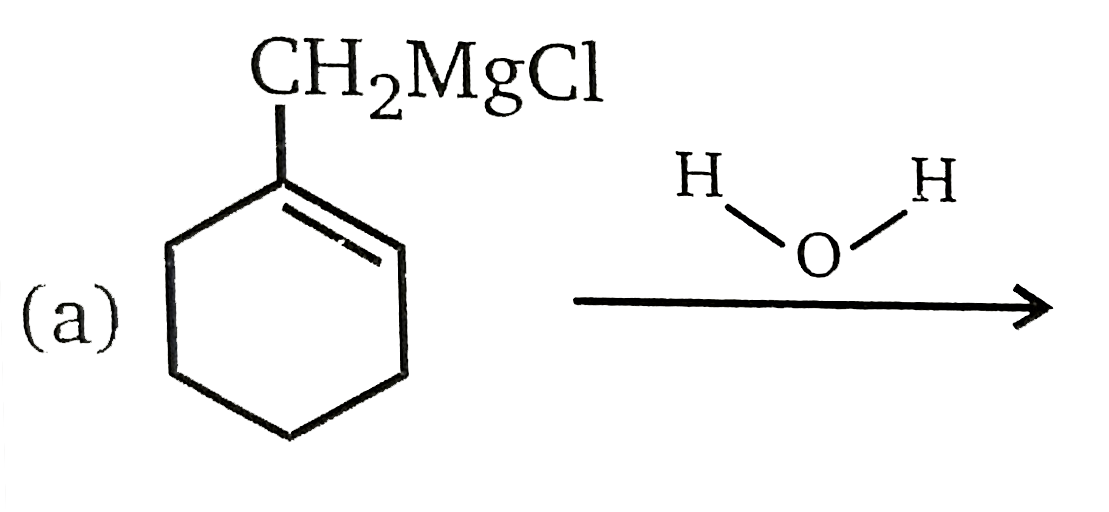 B
B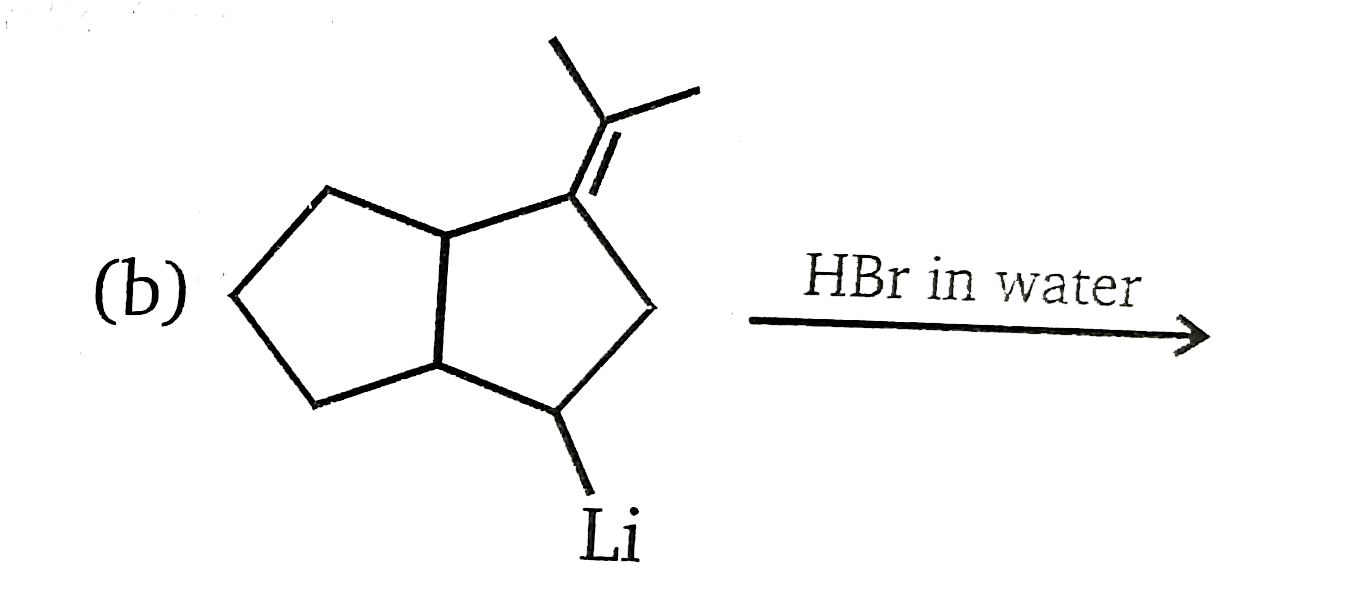 C
C DAll of these
DAll of theseWhich of the following reactions involve benzyne intermediate?
A B
B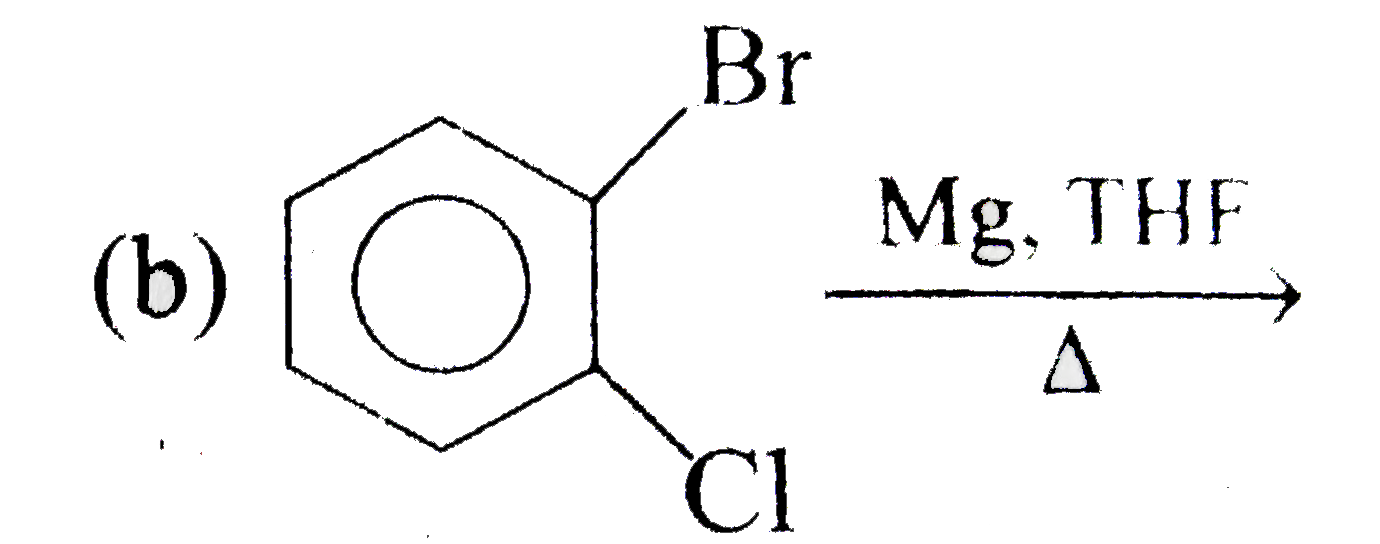 C
C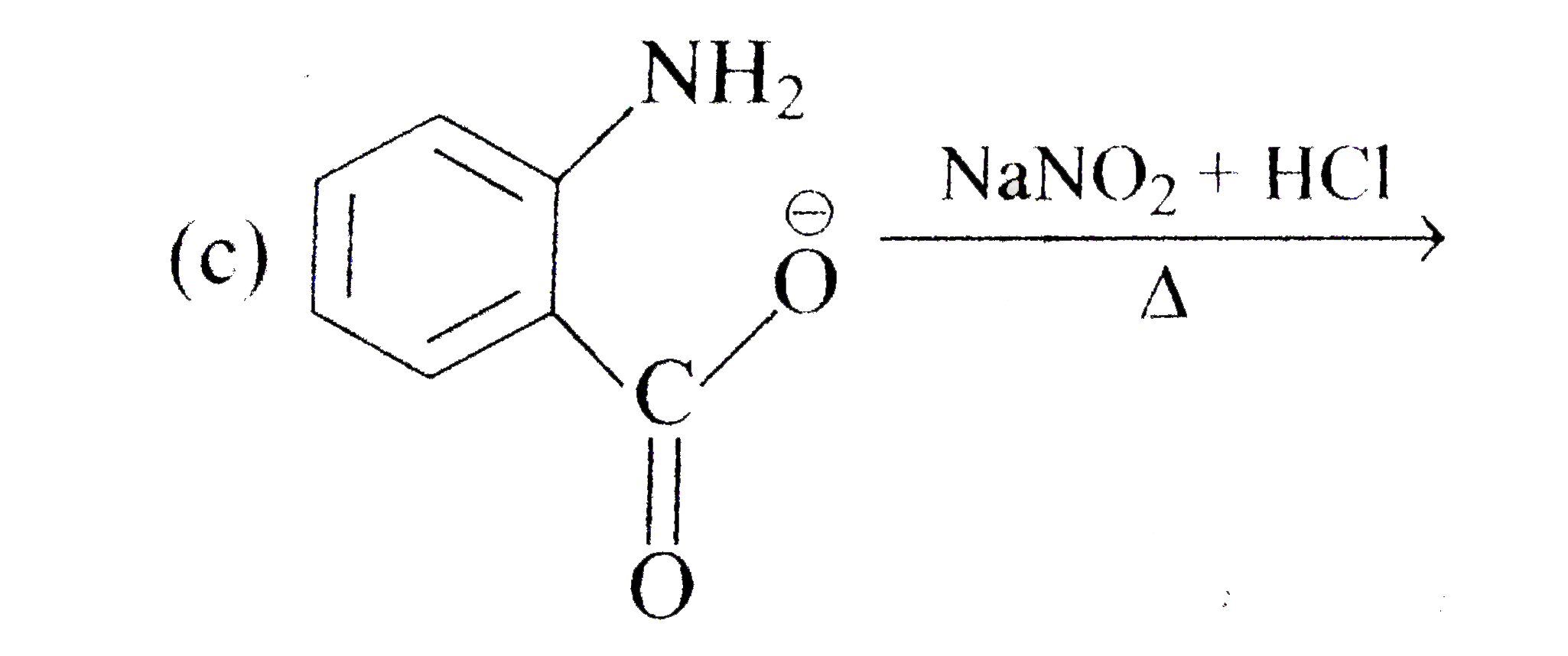 D
D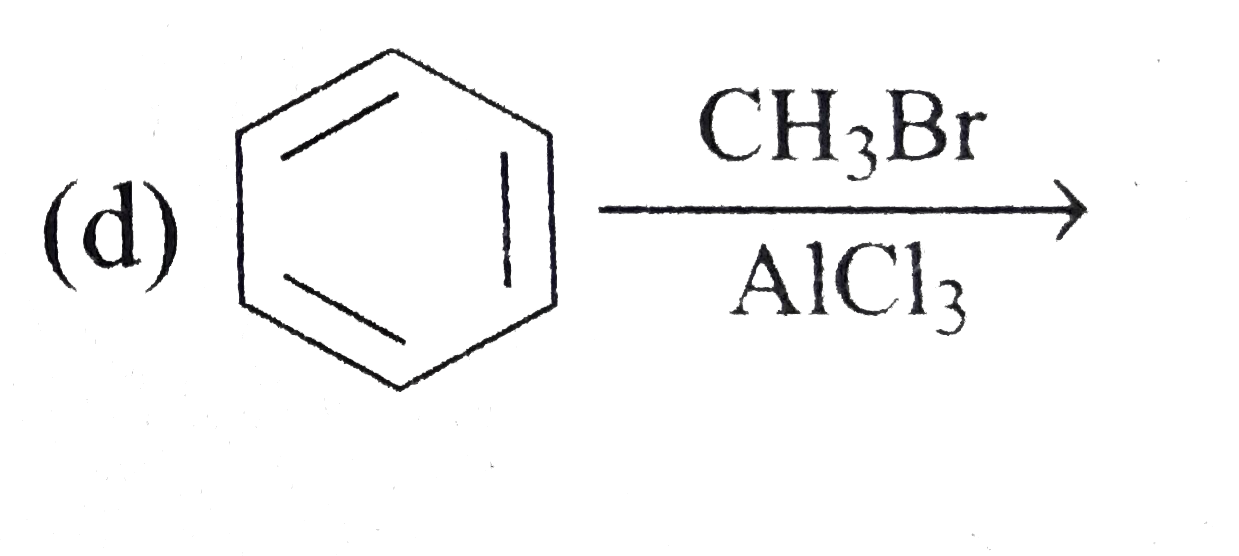
Which of the following reaction does not take place
ACuSO4+Zn→ZnSO4+CuBHeCl2+Fe→FeCl2+HgCNaH+H2O→NaOH+H2DNa2SO3+CO2→Na2CO3+SO2
Which of the following reaction will not take place?
View SolutionWhich of the following reaction will not proceed via carbanion intermediate ?
View SolutionWhich of the following reactions does not take place?
View SolutionWhich of the following reaction does not take place ?
View SolutionWhich of the following reaction does not take place ?
View Solution